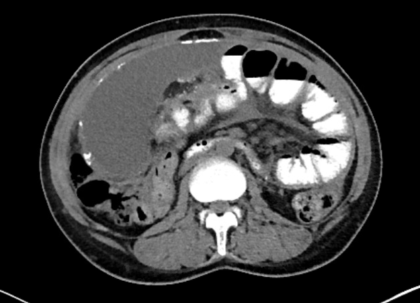We’re excited to begin sharing posts from the Rewind section of ASN Communities. Below is a post from Mark Lerman, MD, FASN, originally posted 7/8/18. Enjoy!
Introduction
A patient is scheduled for an ABO incompatible kidney transplant. He is blood type A and donor blood type B. Anti-B IgG titers were only <1:2, but IgM titers were 1:32.
Query
Is it safe to proceed with this transplant without lowering the anti-B IgM titers? Is this risking early post-transplant antibody mediated rejection?
Discussion
Most studies show anti-ABO IgG titers to be the most important and recommend them being <1:8 using the indirect anti-globulin test (IAT) in an ABO incompatible kidney transplant. The data on anti-ABO IgM antibodies is limited, but there have been a few studies showing that elevated IgM titers (1:64) is associated with early acute rejection/thrombotic microangiopathy. Other studies have not shown the presence of anti-ABO IgM antibodies to be associated with rejection or outcome.
Conclusion
Individual transplant centers must establish criteria for all ABO incompatible kidney transplants for both deceased donors with blood type A2 or A2B, (A2 kidneys are less antigenic). UNOS requires all deceased donor A2, A2B-to B recipients have an anti-A IgG titer of <1:8, every 90 days to be eligible. For live donor ABO incompatible kidney transplants, the individual transplant program establishes their own policy which includes what anti-ABO titer is acceptable for the recipient and their desensitization protocol. Pre-op anti-ABO IgG titers <1:8 and anti IgM <1:64 (by IAT) would seem prudent. Any potential recipients of live donor ABO incompatible kidneys who have anti-ABO IgG or IgM titers above these thresholds should undergo desensitization protocols first. Post-transplant anti-ABO titers must be closely followed for 2-3 weeks as these patients are at increased risk for AMR and potential early graft injury or loss. Additional desensitization may be necessary during this time.
Despite the concerns of ABO incompatibility, long-term patient and graft survival compares favorably to ABO compatible kidney transplant when guidelines are followed.
Please read the full discussion on ASN Communities.
American Journal of Transplantation 2015; XX: 1-10
Transplant Proc. 2015 Jul-Aug: 47(6):1720
Transplantation. 2015 Feb;99(2):400-4


